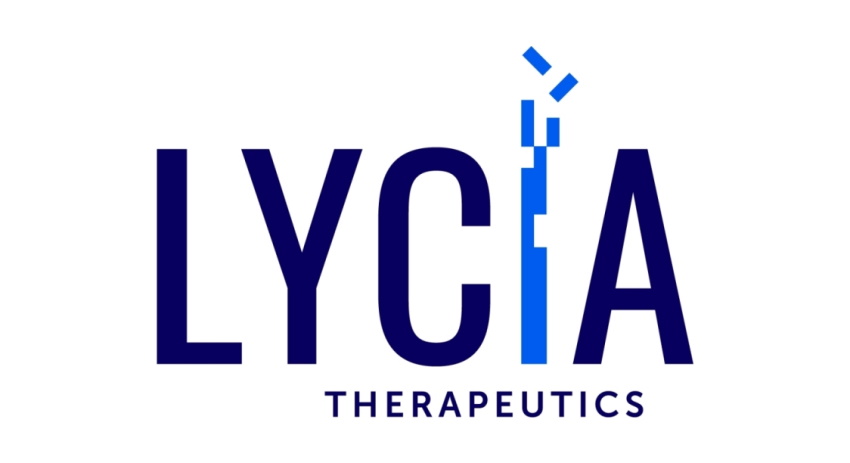Lilly taps Lycia for protein degrader tech in $1.6bn deal

Eli Lilly has bolstered its position the fast-emerging area of protein degrader drugs, agreeing a $1.6 billion-plus deal with Lycia Therapeutics spanning up to five drug targets.
The pharma company has looked close to home for its latest entry into the category, as Lycia's founder Prof Carolyn Bertozzi has held a seat on its board of directors since 2017 – a position she has now surrendered as a result of the deal.
Lilly has bought into Lycia's lysosomal targeting chimera (LYTAC) protein degradation technology, developed by Bertozzi at Stanford University, with an initial focus on projects in immunological disease and pain.
https://twitter.com/CarolynBertozzi/status/1430536297878233092
Protein degrader drugs harness the natural protein-denaturing machinery in cells to remove rogue proteins associated with disease, and has been proposed as a way to address a wide range of 'undruggable' targets.
Lycia's technology relies on the use of small molecules or antibodies that can bind to both disease-associated proteins and cellular lysosomes – membrane-bound structures in the cell that are used to dispose of waste products – to stimulate the degradation mechanism.
That's a slightly different mechanism to some other degrader drugs that harness proteasomes – enzyme complexes found in cells – to dispose of proteins.
The protein degrader approach has attracted a series of big-ticket licensing deals in the last couple of years. In July, Pfizer paid a whopping $1 billion upfront for rights to a protein degrader drug for breast cancer developed using Arvinas' PROTAC platform, with another $1.4 billion in backloaded milestone payment.
Last year, Sanofi paid $55 million upfront in a deal valued at up to $2.6 billion with Nurix Therapeutics focused on several protein degradation therapies, and in the previous year Nurix also forged a $2.3 billion alliance with Gilead Sciences that included a $45 million advance fee and was focused on cancer drugs.
Other protein degradation players include Kymera – a company that attracted investment from Lilly's venture capital unit in 2017 – as well as C4 Therapeutics, Amphista, Cullgen, BioTheryx and Seed Therapeutics.
Seed is also on Lilly's radar, as the drugmaker paid $20 million in cash and equity to tap into its platform with another $780 million at the back end.
"We believe Lycia's technology may allow us to develop targeted therapeutics that were not previously feasible and make advances for patients in areas of high unmet need," said Ajay Nirula, vice president of immunology at Lilly.













